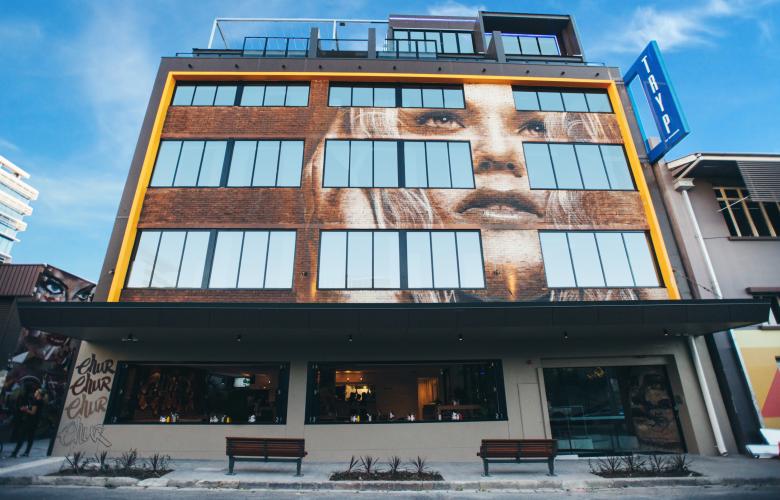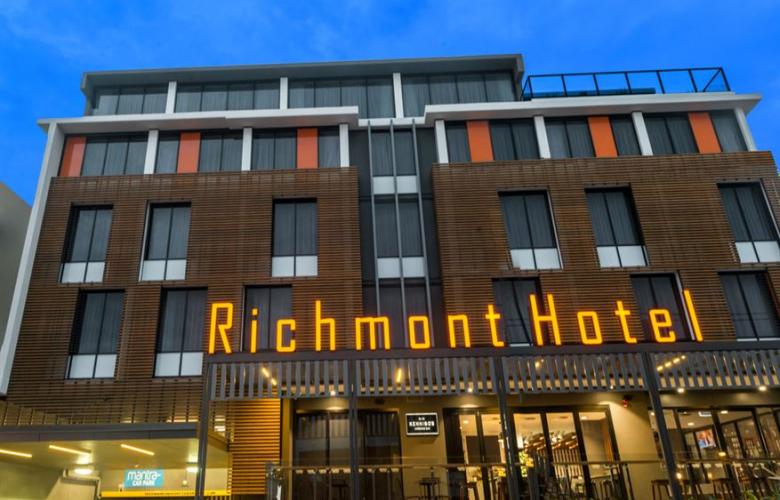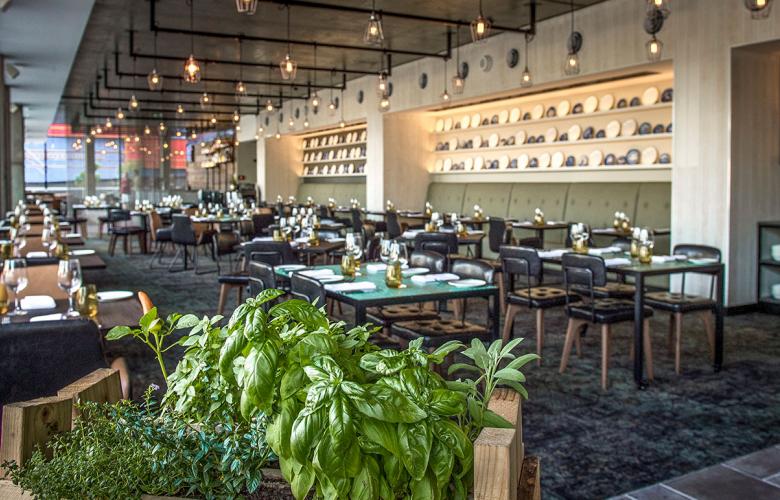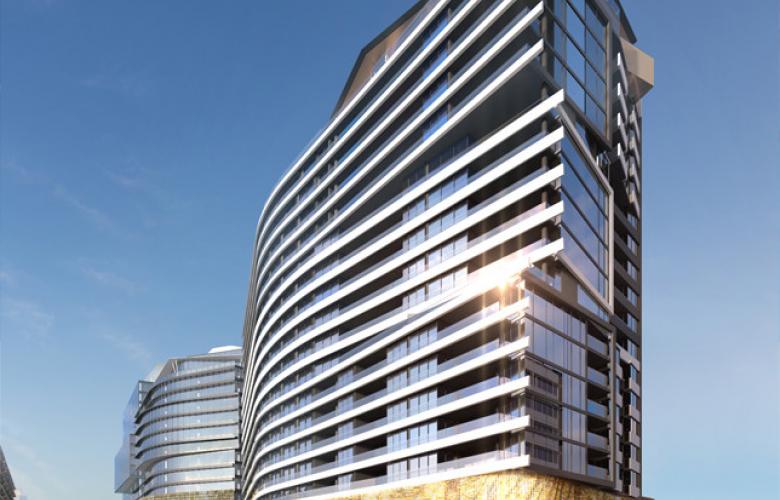JLL Report Into Brisbane as a Hotel Destination
Contact
JLL Report Into Brisbane as a Hotel Destination
Jones Lang LaSalle recently published their Asia Pacific Market Report. Here is a snapshot of Brisbane, Queensland.
Brisbane is Queensland’s State capital and the primary gateway to the region, as well as a major corporate centre. The city is the largest economy between Sydney and Singapore with a population of approximately 2.1 million within the Greater Brisbane Statistical Area.
Brisbane has experienced economic growth that has been in recent years underpinned by the State’s resources sector. Other major industries include information technology, financial services and public sector administration. Like much of Queensland tourism is also an important part of the Brisbane economy.
Tourism
In 2015, a total of 23 million visitor nights were spent in Brisbane City. International visitor nights accounted for 69.4% and domestic nights accounted for 30.6%. Domestic visitor nights in Brisbane decreased by 2.1% y-o-y however, international visitor nights in Brisbane increased by 15.6%.
Demand
Mainland China remains the biggest source market to Brisbane, followed by the United Kingdom, Korea and the USA. In 2015, Chinese visitor nights in Brisbane City grew 23.7% y-o-y and have grown at an average annual rate of 15.4% over the last 10 years. While leisure related demand remains the primary purpose of visit, the education segment grew by a reported 26.4% in 2015 in Brisbane City.
Supply
In H1 2016, the supply of short term accommodation in the Brisbane City market increased by approximately 686 rooms or an increase of approximately 9.5% on the existing stock. Looking forward, we are aware of a further ten short term accommodation development currently under construction and due for completion between 2017 and 2018. If all projects materialise, this will represent an increase of 2,049 rooms or 25.4% on the existing stock.
Outlook
Brisbane’s accommodation market has moderated since its trading highs prior to mid-2012. Notwithstanding, trading performance showed some signs of stabilisation in 2014, boosted by the G20 summit in November. However, the subsequent demand growth during 2015 was outpaced by a significant increase in hotel room supply resulting in softer trading conditions overall.
New notable hotels
• Ibis Styles Brisbane - 368 rooms
• Rydges Fortitude Valley - 208 rooms
• Richmont Hotel by Mantra - 110 rooms
• Art Series Hotel - 83 rooms
Quick facts
• 500,000 International visitor arrivals (YTD June 2016)
• 769 new rooms in 2016
• 73.2% occupancy
• AUD 168 average daily rate (ADR)
• AUD 123 revenue per available room (RevPAR)
Notable hotel deals
• Tryp Fortitude Valley
Upcoming hotels
• Swiss Belhotel Brisbane
• Holiday Inn Express Brisbane Spring Hill
• Emporium Hotel, Southpoint, South Bank
• Calile Hotel Fortitude Valley
Note: Hotel supply within the Brisbane City Region.
Source: STR Global (YTD July 2016), Tourism Research Australia, JLL
ADR - Average daily rate, RevPAR - Revenue per available room
JLL Hotels and Hospitality Group
This group of JLL has completed more transactions than any other hotels and hospitality real estate advisor over the last five years, totaling more than $68 billion worldwide. The group’s 350-strong global team also closed more than 4,400 advisory, valuation and asset management assignments.
JLL are recognised as the global leader in real estate services across hospitality properties of all shapes and sizes. Using their capital markets expertise, hospitality industry knowledge and global relationships to execute bespoke deals.
See full report here
See also:










